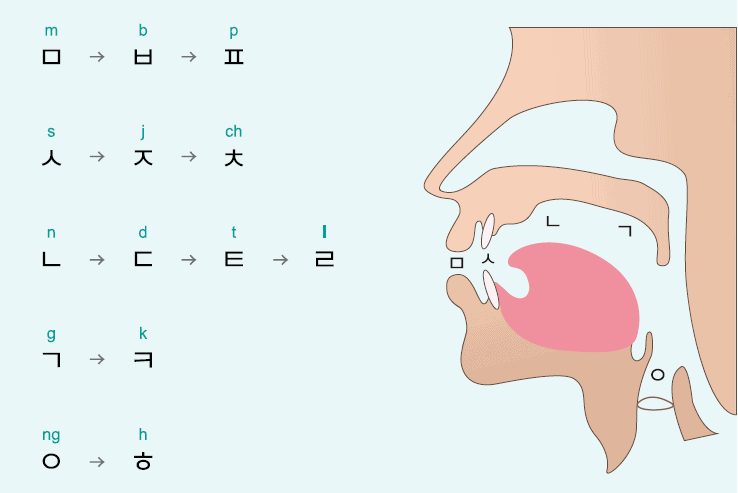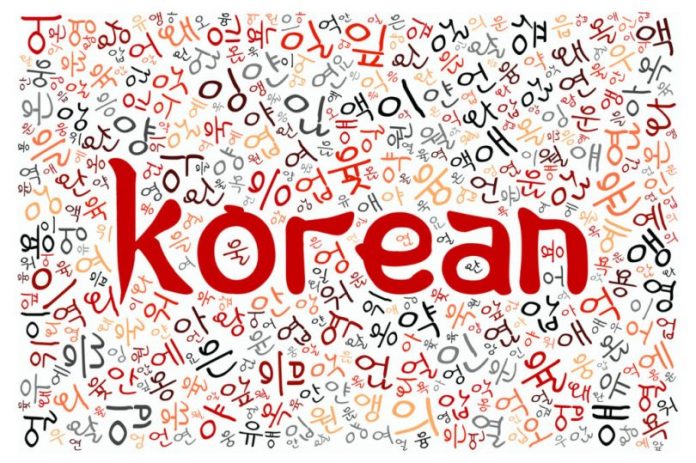Exchanging email addresses may be a convenient way to stay in touch with people that you have met while traveling. If you are traveling to North or South Korea, or have met someone who speaks Korean, you may be interested to learn how to ask “What is your email?” in their native language.
Several other countries such as Russia, China and Japan are home to Korean speaking people. While there are many dialects of the language, the standard dialect is spoken in Seoul. Korean has acquired 70 percent of its vocabulary from the Chinese language and much of its grammar style from Japanese.
How to Ask “What is your email?” in Korean
In this language tutorial, Sunny Parks explains how to ask “What is your email” in Korean.
Step 1: Learn Correct Pronunciation

When learning to speak a new language, pronunciation is essential to becoming a fluent speaker. To pronounce the phrase email jusua moasoob neeka, listen to the speaker in the featured video. Be sure to pay close attention to the way each word is pronounced. Repeat the words several times to practice what you have heard. You may want to play the video again, and compare your pronunciation to that of the speaker. If necessary, make changes and repeat the phrase until you are able to pronounce it properly. You may also find a few other tools helpful when learning pronunciation.
- Audio instruction that is offered in language courses.
- Language websites that provide audio clips along with written translation.
- Learn the sounds of each letter or syllable in the Korean alphabet to help sound out unfamiliar words.
Step 2: Create a Dialogue with the Phrase

After you have learned how to say the phrase, using it in a dialogue will help you to become more familiar with the language and other phrases that are commonly found in conversation together.
“I can read Korean.”
Hangul-ul ilgul soo issoyo
“What is your email address?”
Email jusua moasoob neeka?
“Write it down please.”
Cho go ju se yo.
Step 3: Practice
Practicing Korean is the only way you will become fluent in the language. There are several methods that you may find helpful when practicing what you have learned. If you have friends or acquaintances that speak the language, you can ask for their help. Engage in conversations and use the phrases that you have learned. You can also use media such as television, movies or music that is spoken in Korean to become more familiar with the language.


















